Ukrainian farmers have said continuing to look after their livestock amid a war and supplying meat to affected communities and the army is their “military service”. They made the comments while speaking from Ukraine on Thursday.
Ukrainian beef farmer and CEO of beef processor Skott Smeat Andriy Naumenko said that his colleagues and other beef farmers feel that the farm and factory is their “place of combat and place of fighting”.
“We have to supply protein to our soldiers, to our defenders. We’re here to win with what we can and to do our best,” he said.
The Ukrainian beef farmer was speaking following a period which he described as “working in a full-scale war under huge psychological pressure”.
Back to work
Naumenko explained that while his meat processing factory Skott Smeat was forced to “stop all production” for two weeks at the start of the war, it has since recommenced operations.
He explained that while “some of our staff were forced to leave the country and some were conscripted to the armed forces”, some 80% of the beef factory employees are now back to work.
Exports reinstated
A ban on beef exports announced during the first weeks of the war by the Ukrainian government has since been lifted, having run from 24 February to 10 April.
However, consumer demand within Ukraine has dropped significantly and the logistics and infrastructure to export the beef to Ukraine’s main markets of China, Kazakhstan, Turkey, Moldova and the Middle East have been severely affected by the war.

A farm destroyed during the war in the Chernihiv region, Ukraine. / Ukrainian Agri Council
Average beef prices have dropped from €2.10/kg liveweight before the war to a low of €1.30/kg as of Thursday, according to the Ukrainian Agribusiness Club (UCAB).
UCAB, a national farm company representative group, also reported on Thursday new figures on the loss of livestock due to conflict and feed shortages created by Russia’s invasion of Ukraine.
Its director general Roman Slaston said that approximately 15%, 20% and 15% of cattle, pigs and poultry have been lost respectively.
Loss in consumption
Also speaking on Thursday, deputy director of the Ukrainian Department of Agrarian Policy and Agriculture Olena Dadus explained that while there have been major losses in farm production, the biggest impact of the war on the agricultural sector in country has been a “dramatic loss in consumption” due to population displacement.
Responding to questions from the Irish Farmers Journal, she and Slaston agreed that Ukrainian agriculture needs investment in logistics for exports and the movement of food produce, rather than any new investment in production itself.
Slaston called on his fellow Ukrainians who have sought refuge in other countries such as Ireland to continue to source and purchase food that has been produced in Ukraine or food that has some of its ingredients. He said this is the “best way” to support Ukrainian farmers.
Read more
Farming in war: cattle sheds bombed and combines stolen
Ukrainian farmers have said continuing to look after their livestock amid a war and supplying meat to affected communities and the army is their “military service”. They made the comments while speaking from Ukraine on Thursday.
Ukrainian beef farmer and CEO of beef processor Skott Smeat Andriy Naumenko said that his colleagues and other beef farmers feel that the farm and factory is their “place of combat and place of fighting”.
“We have to supply protein to our soldiers, to our defenders. We’re here to win with what we can and to do our best,” he said.
The Ukrainian beef farmer was speaking following a period which he described as “working in a full-scale war under huge psychological pressure”.
Back to work
Naumenko explained that while his meat processing factory Skott Smeat was forced to “stop all production” for two weeks at the start of the war, it has since recommenced operations.
He explained that while “some of our staff were forced to leave the country and some were conscripted to the armed forces”, some 80% of the beef factory employees are now back to work.
Exports reinstated
A ban on beef exports announced during the first weeks of the war by the Ukrainian government has since been lifted, having run from 24 February to 10 April.
However, consumer demand within Ukraine has dropped significantly and the logistics and infrastructure to export the beef to Ukraine’s main markets of China, Kazakhstan, Turkey, Moldova and the Middle East have been severely affected by the war.

A farm destroyed during the war in the Chernihiv region, Ukraine. / Ukrainian Agri Council
Average beef prices have dropped from €2.10/kg liveweight before the war to a low of €1.30/kg as of Thursday, according to the Ukrainian Agribusiness Club (UCAB).
UCAB, a national farm company representative group, also reported on Thursday new figures on the loss of livestock due to conflict and feed shortages created by Russia’s invasion of Ukraine.
Its director general Roman Slaston said that approximately 15%, 20% and 15% of cattle, pigs and poultry have been lost respectively.
Loss in consumption
Also speaking on Thursday, deputy director of the Ukrainian Department of Agrarian Policy and Agriculture Olena Dadus explained that while there have been major losses in farm production, the biggest impact of the war on the agricultural sector in country has been a “dramatic loss in consumption” due to population displacement.
Responding to questions from the Irish Farmers Journal, she and Slaston agreed that Ukrainian agriculture needs investment in logistics for exports and the movement of food produce, rather than any new investment in production itself.
Slaston called on his fellow Ukrainians who have sought refuge in other countries such as Ireland to continue to source and purchase food that has been produced in Ukraine or food that has some of its ingredients. He said this is the “best way” to support Ukrainian farmers.
Read more
Farming in war: cattle sheds bombed and combines stolen




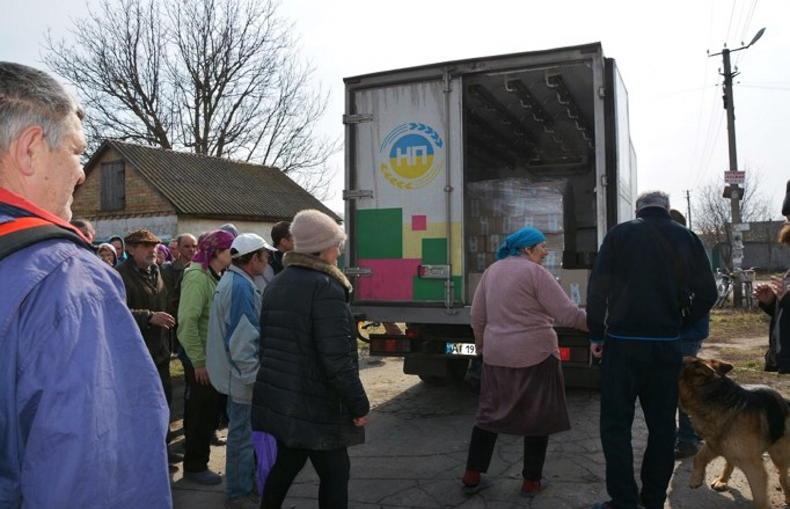

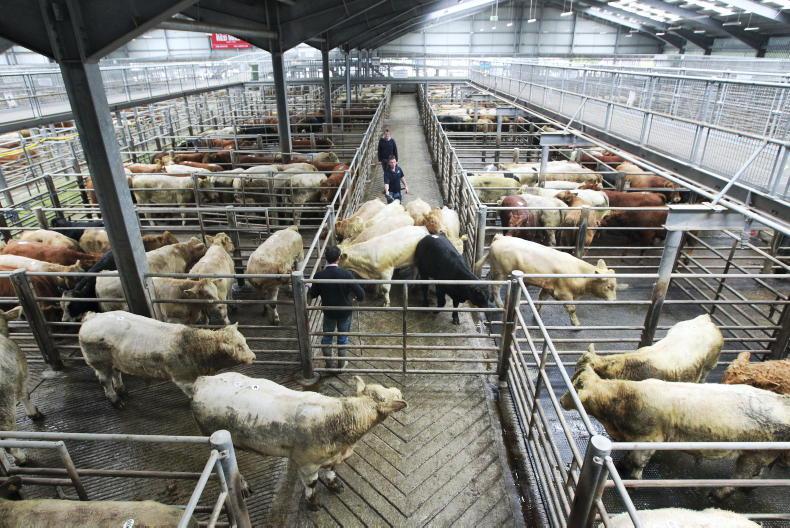

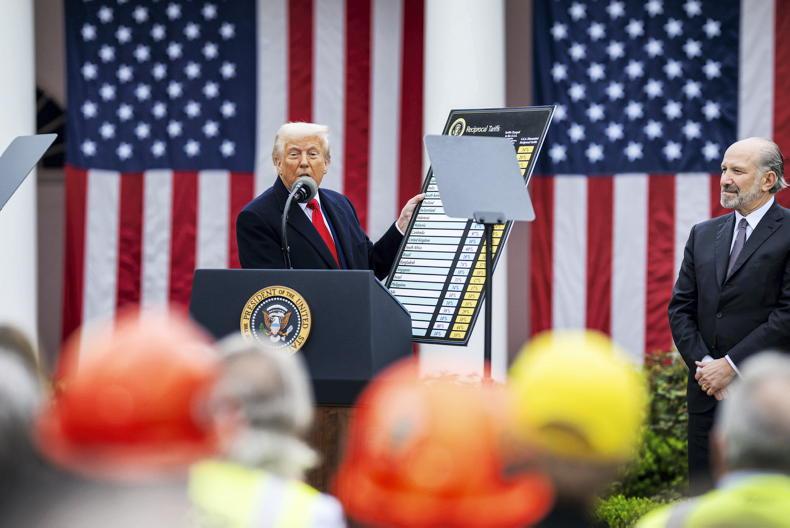
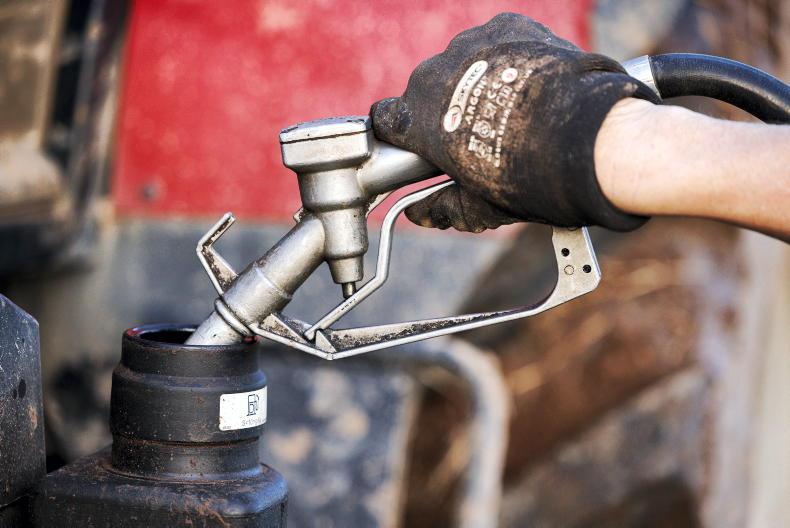
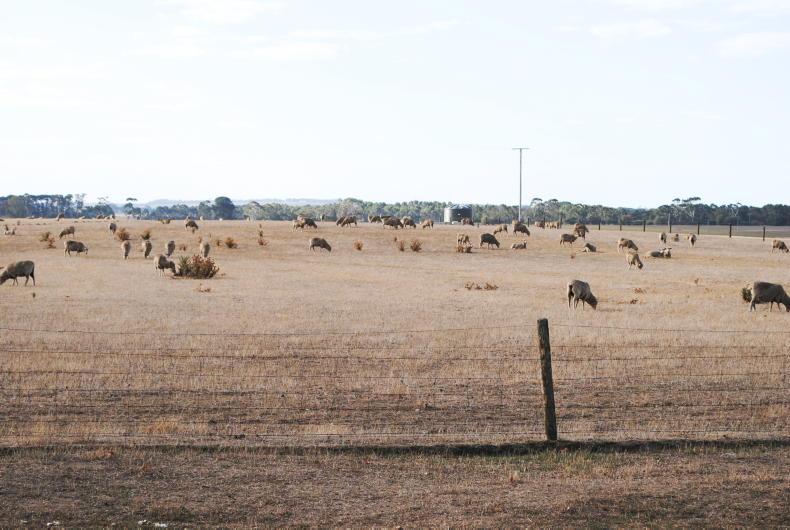
SHARING OPTIONS